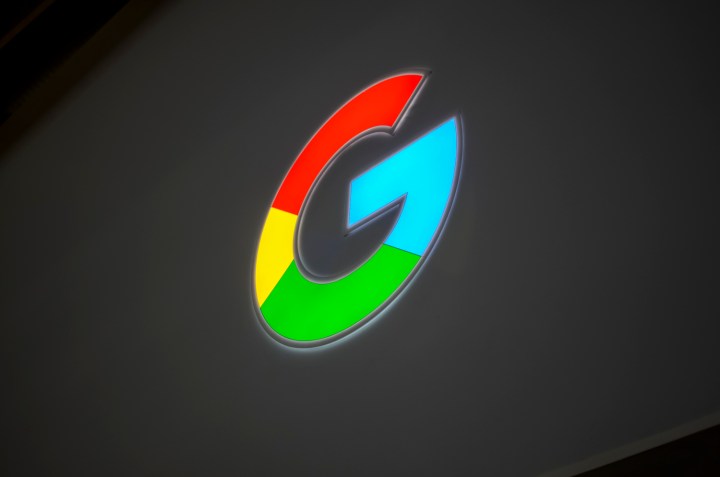
The Competition Authority’s decision came after the agency said a probe wasn’t needed. It changed its mind, though, after a second evaluation.
Central to the investigation is Google Play Services, a bundle of Google-powered software and services that powers many of Android’s features and functionality. Device manufacturers who pre-install the Google Play Store, Android’s market of more than 2 million apps serving a billion users worldwide, must agree to ship Google-made apps like Google Photos and Google on smartphones and tablets.
According to the terms of a leaked Mobile Application Distribution Agreement, which is Google’s Android licensing agreement, device makers are contractually mandated to set Google as the default search engine and place Google’s search app and Play Store “[no more] than a swipe away” from the primary home screen. In addition, they’re expected to submit monthly reports containing sales figures for
The Turkish Competition Authority said its investigation would focus on whether Google’s use of Android to promote its services violated Turkey’s competition rules.
This is not the first time Google has clashed with Turkish regulators. Over the past several years, the country’s president, Recep Tayyip Erdogan, has ordered internet blockades of YouTube, Google+, and the company’s other social networks.
Turkey is far from the first country to accuse Google of exploiting Android’s dominant position in the mobile hardware marketplace. Russia’s Federal Antimonopoly Service ordered Google to pay $6.8 million after it found the company guilty of stifling alternative services and search engines, such as the Russia-born Yandex.
And in July, the European Union’s Brussels-based enforcement authority, the European Commission, accused Google of closing out competition with its Android mobile operating system, and abusing the dominant role it has in the smartphone industry.
“We need to be sure that big companies don’t try to protect themselves by holding back innovation,” Vestager said prior to the official complaint. “Our concern is that, by requiring phone makers and operators to pre-load a set of Google apps, rather than letting them decide for themselves which apps to load, Google might have cut off one of the main ways that new apps can reach customers.”
And in the U.S., the Federal Trade Commission considered investigating whether the search giant had violated antitrust rules, but scrapped those plans after officials failed to reach a consensus.
The investigations could have a far-ranging impact on Google’s bottom line. The search giant has generated billions in revenue and profit from Android since 2008, largely from advertisements shown on
Google denies that it has broken any laws. We’ve reached out to the company for comment and will report on any response.
Editors' Recommendations
- A new Google Pixel Tablet is coming, but it’s not what you think
- Google just released the first Android 15 beta. Here’s what’s new
- Google Pixel 9: news, rumored price, release date, and more
- Google just announced 8 big Android updates. Here’s what’s new
- Google just announced Android 15. Here’s everything that’s new
